We will have a seminar session with the guest lecturer, Professor Nariaki Ikematsu (Consultant, National Institute of Information and Communications Technology; NICT). This session is the third ‘spin-out’ event from DEEP TRANSFORMATIONS AND THE FUTURE OF ORGANIZATIONS (6-7 December 2019). This research seminar is conducted as a Skype video conference.
Professor Ikematsu will present a contemporary topic of blockchain impact in the Asian countries, Thailand and Vietnam. He will talk about some cases including the business practices of ‘PIZZA 4P’S Makes the World Smile for Peace through “Edutainment”’ referring to the key factors ‘local consumption’ and ‘innovative supply chain management’. https://www.earthackers.com/pizza-4ps-makes-the-world-smile-for-peace-through-edutainment/ (Accessed 12 December 2019).
This seminar is held in line with the suggestions from a Key Note Speech made by Professor Sangeeta Khorana at the conference, DEEP TRANSFORMATIONS AND THE FUTURE OF ORGANIZATIONS on the 6th December in Tunis.
This session will provide unique topics in line with the UN Sustainable Development Goals (SDGs), such as ‘Goal 9: Industry, Innovation and Infrastructure’ and ’Goal 17: Partnerships for the Goals’.
This session also aligns with BU2025 strategic investment areas (SIAs), Simulation & Visualisation and Assistive Technology.
The BU ECRs, PhD researchers, and MSc students are welcome to this session.
The session will be facilitated by Dr Hiroko Oe and an ECR, Ediz Akchay. Mr. Gideon Adu-Gyamfi (MSc International Management) will also contribute as a discussant.
*For more details, please email to hoe@brounemouth.ac.uk
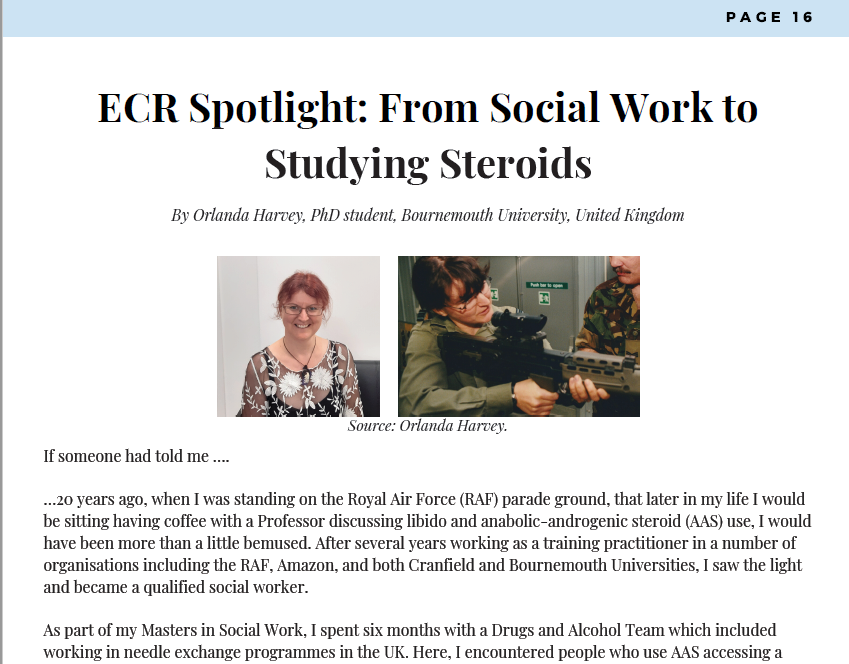
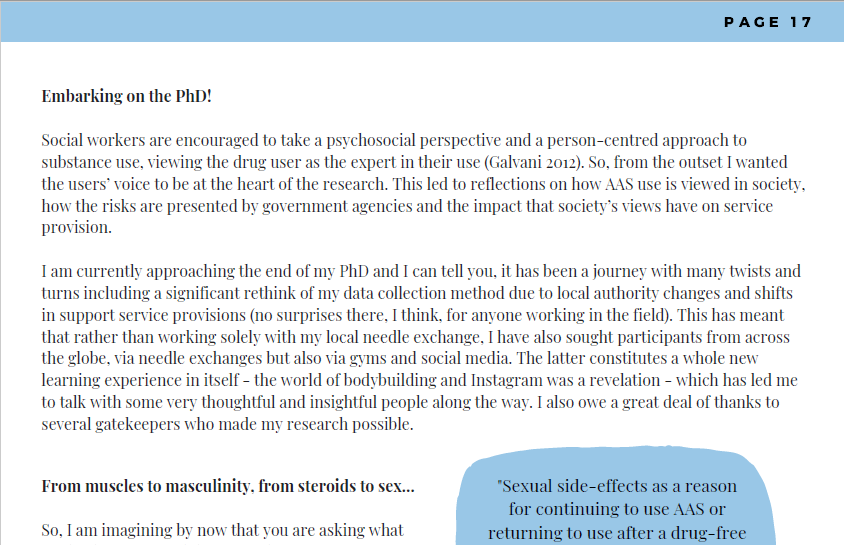
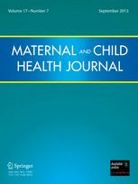

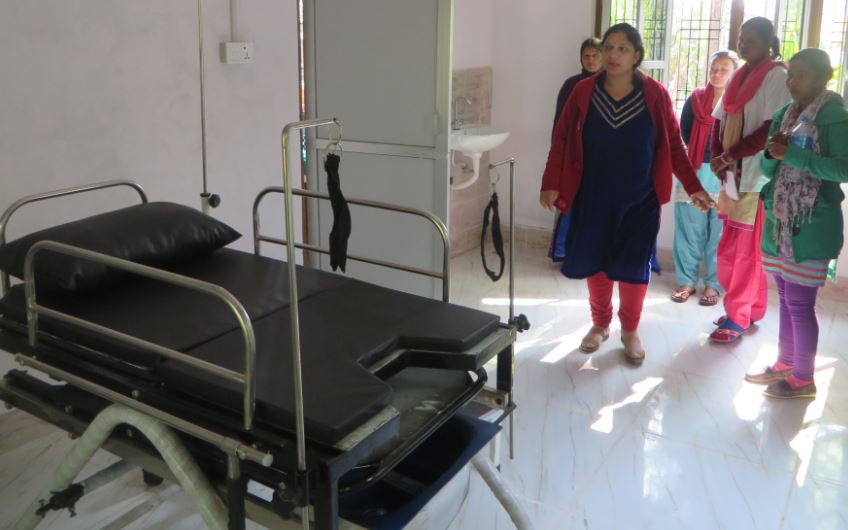
 EMA held its 6th triennial education conference in Malmo, Sweden from the 28-29 November 2019. Dr. Luisa Cescutti-Butler and Professor Sue Way had three abstracts accepted, two of which highlighted units of learning in our midwifery undergraduate programme (Evaluating the student experience of introducing newborn infant physical theory into a pre-registration midwifery programme in the UK and An evaluation of the student experience of peer facilitated learning) and a further one which was focused on a national collaborative project on grading practice (Developing a set of key principles to achieve consistency in assessing pre-registration midwifery competency in practice in the UK). The opening keynote speaker at the EMA Conference was Fran McConville – Midwifery Expert at WHO. Fran presented on ‘Strengthening Quality Midwifery Education for Universal Health Coverage 2030’. Our takeaway message from her presentation was the following important statement: “When midwives are educated to international standards, and midwifery includes the provision of family planning……more than 80% of all maternal deaths, stillbirths and neonatal deaths could be averted”.
EMA held its 6th triennial education conference in Malmo, Sweden from the 28-29 November 2019. Dr. Luisa Cescutti-Butler and Professor Sue Way had three abstracts accepted, two of which highlighted units of learning in our midwifery undergraduate programme (Evaluating the student experience of introducing newborn infant physical theory into a pre-registration midwifery programme in the UK and An evaluation of the student experience of peer facilitated learning) and a further one which was focused on a national collaborative project on grading practice (Developing a set of key principles to achieve consistency in assessing pre-registration midwifery competency in practice in the UK). The opening keynote speaker at the EMA Conference was Fran McConville – Midwifery Expert at WHO. Fran presented on ‘Strengthening Quality Midwifery Education for Universal Health Coverage 2030’. Our takeaway message from her presentation was the following important statement: “When midwives are educated to international standards, and midwifery includes the provision of family planning……more than 80% of all maternal deaths, stillbirths and neonatal deaths could be averted”.
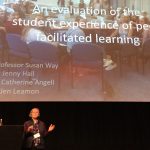



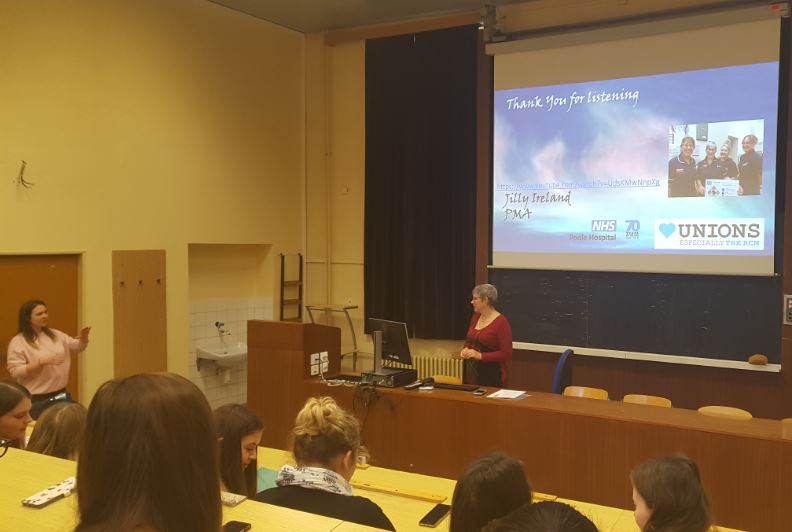
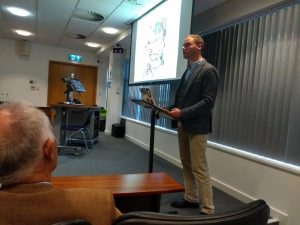
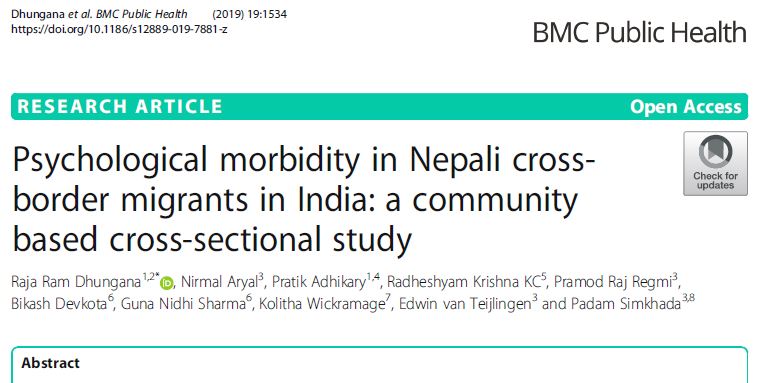












 Conversation article: London Marathon – how visually impaired people run
Conversation article: London Marathon – how visually impaired people run Horizon Europe News – December 2023
Horizon Europe News – December 2023